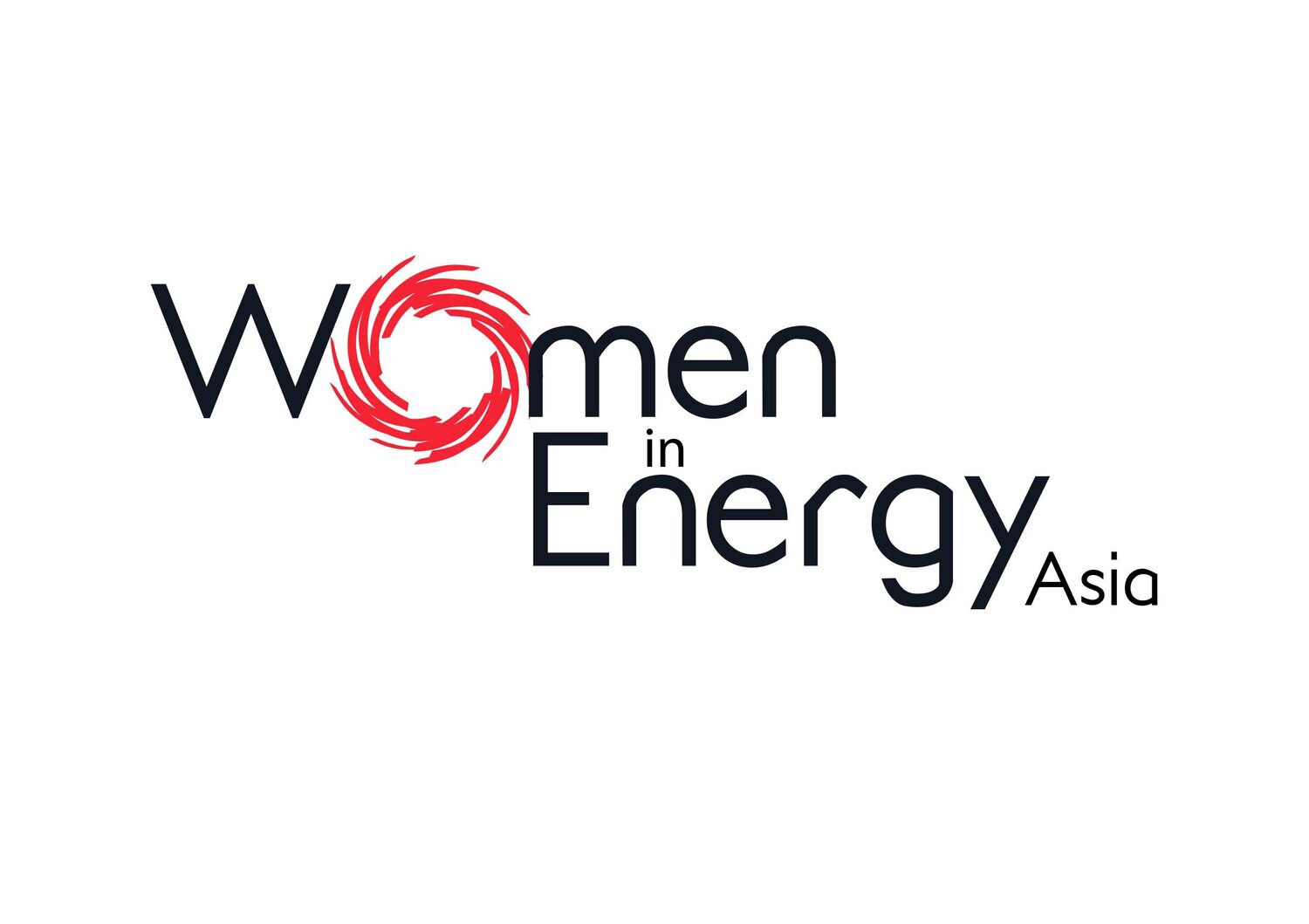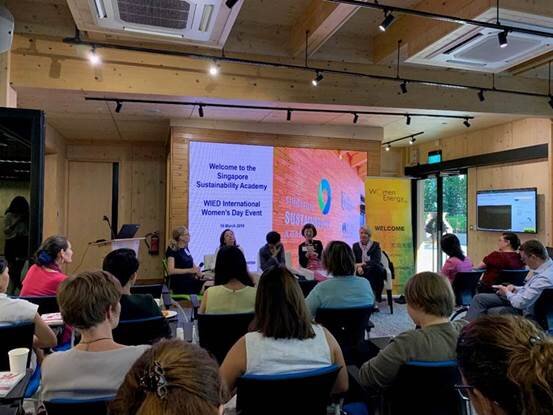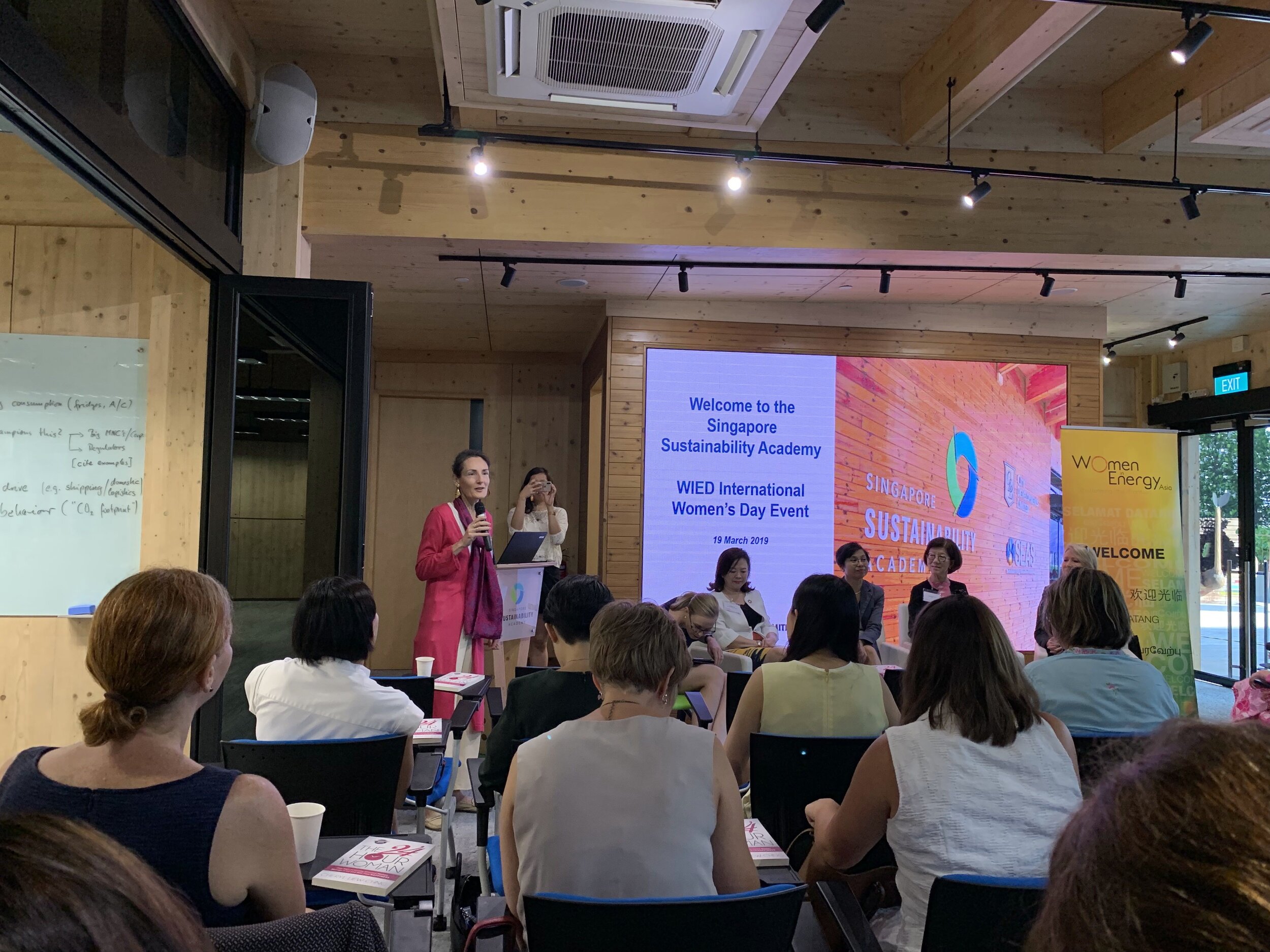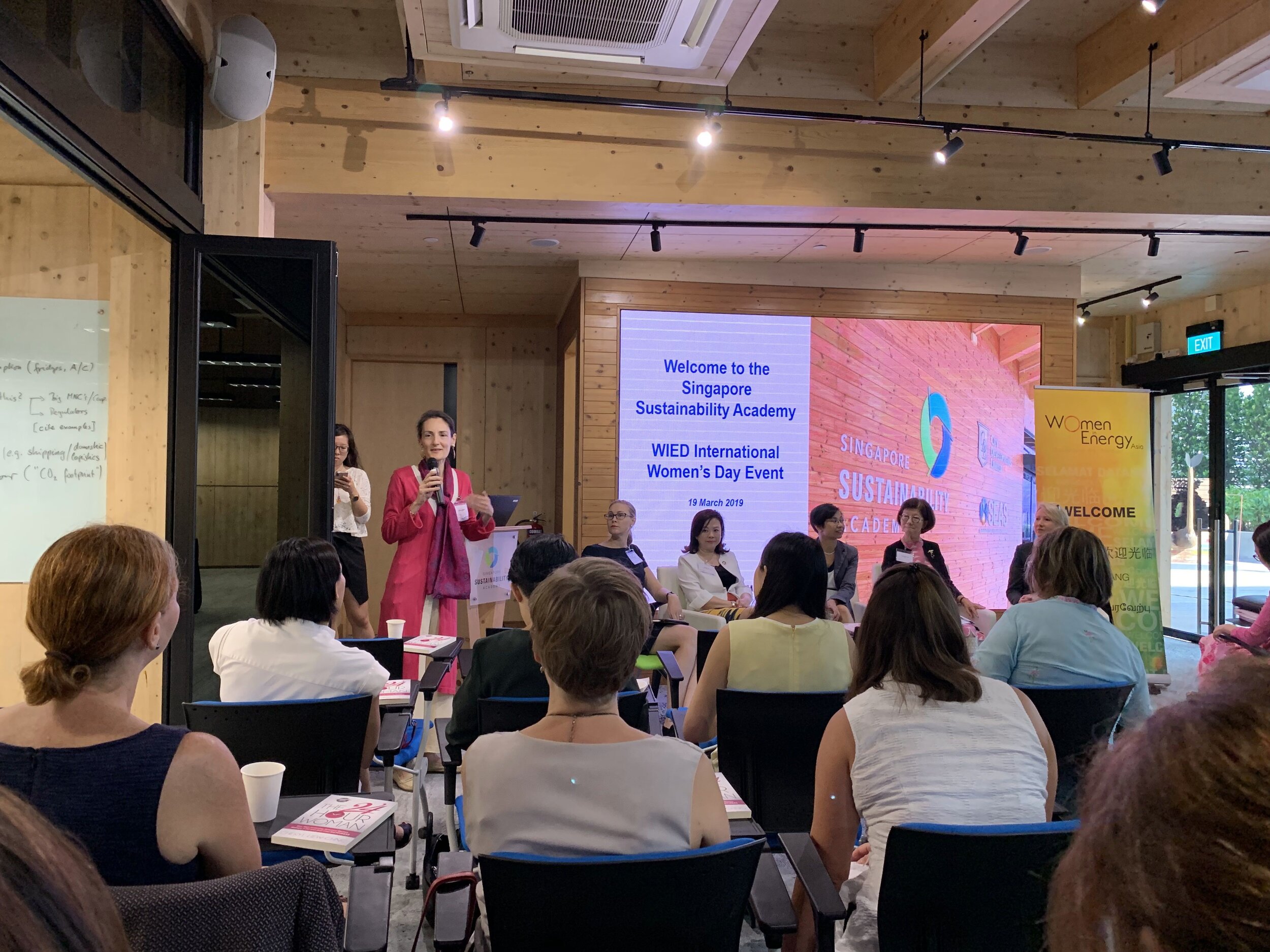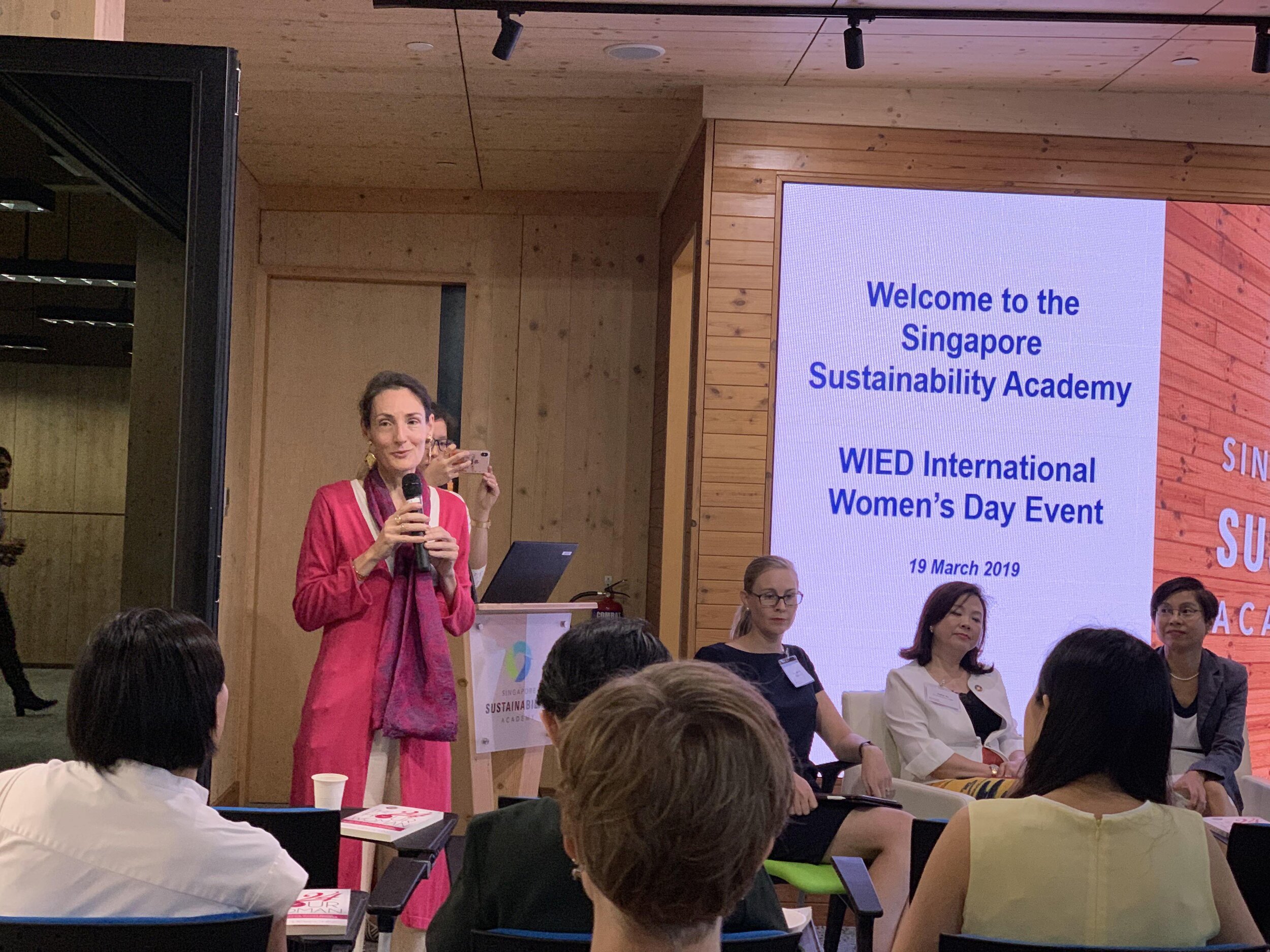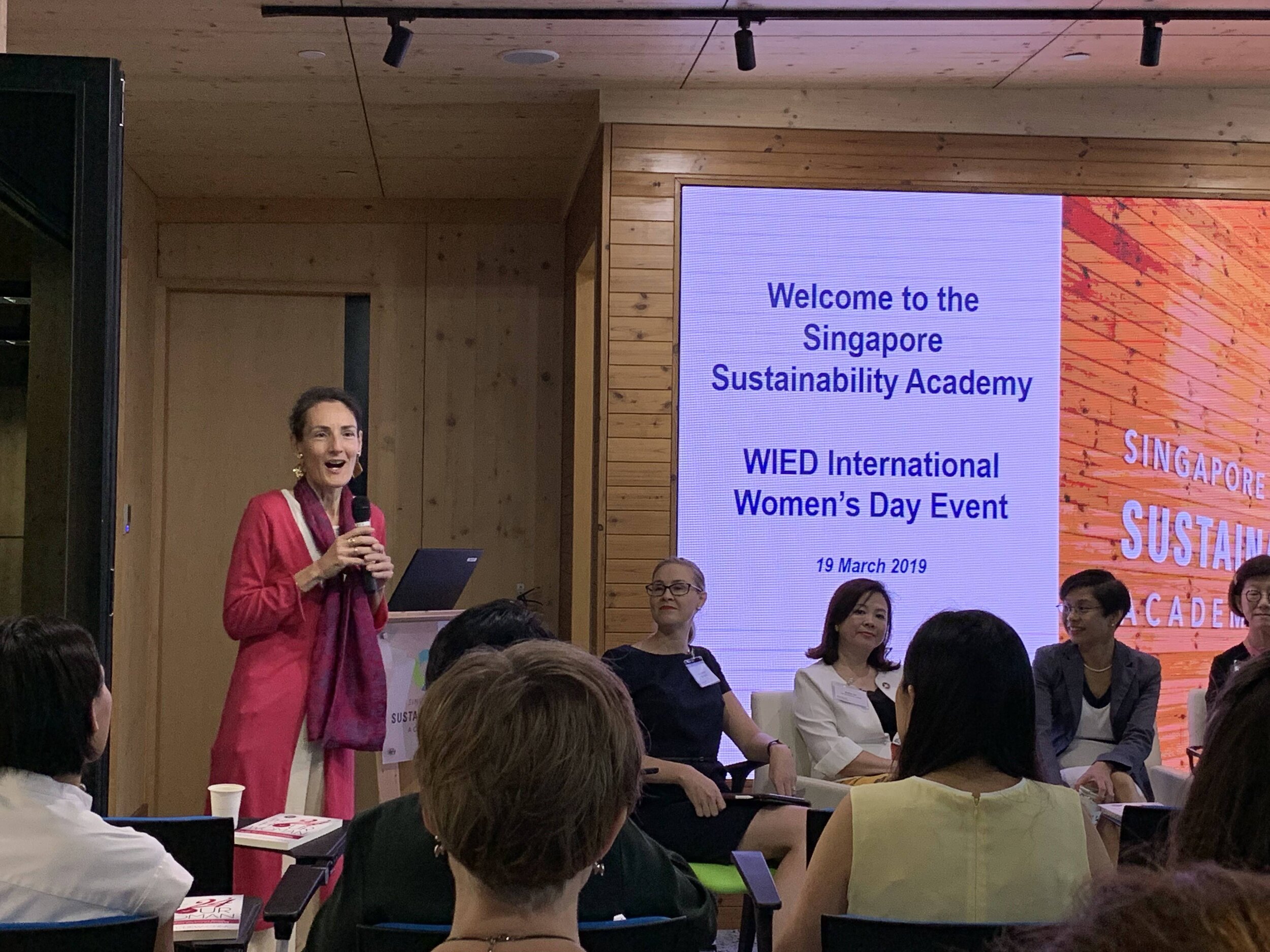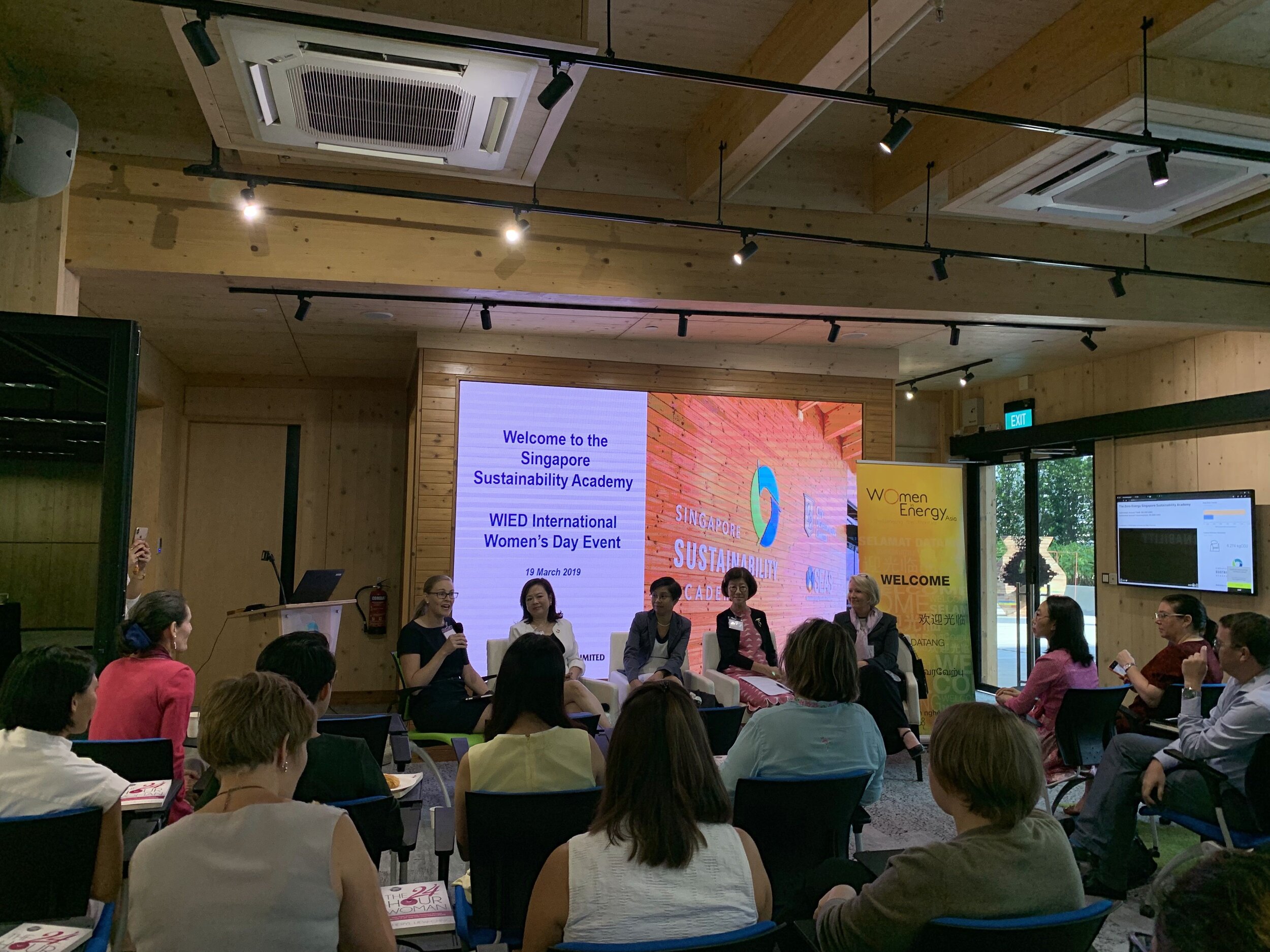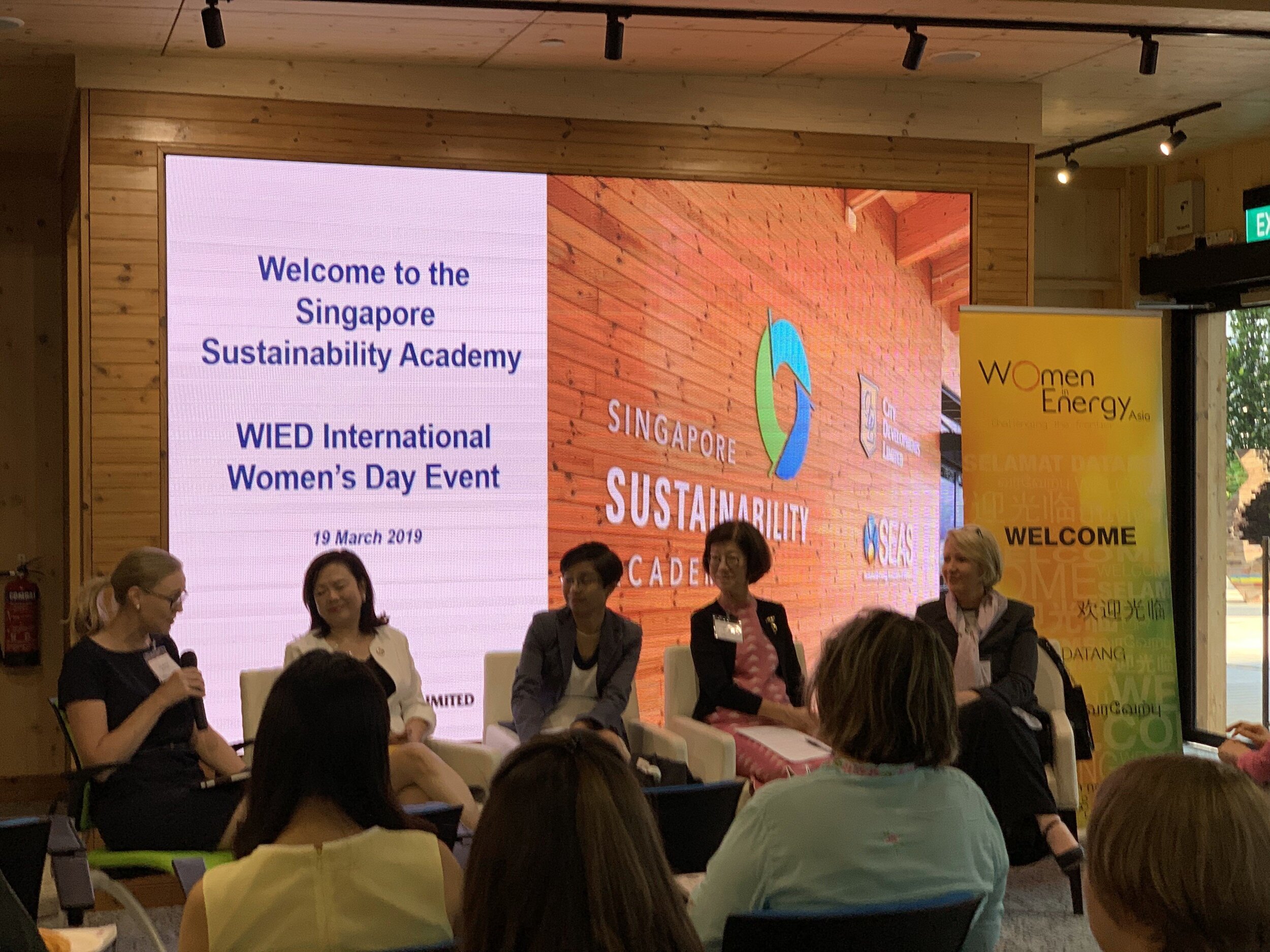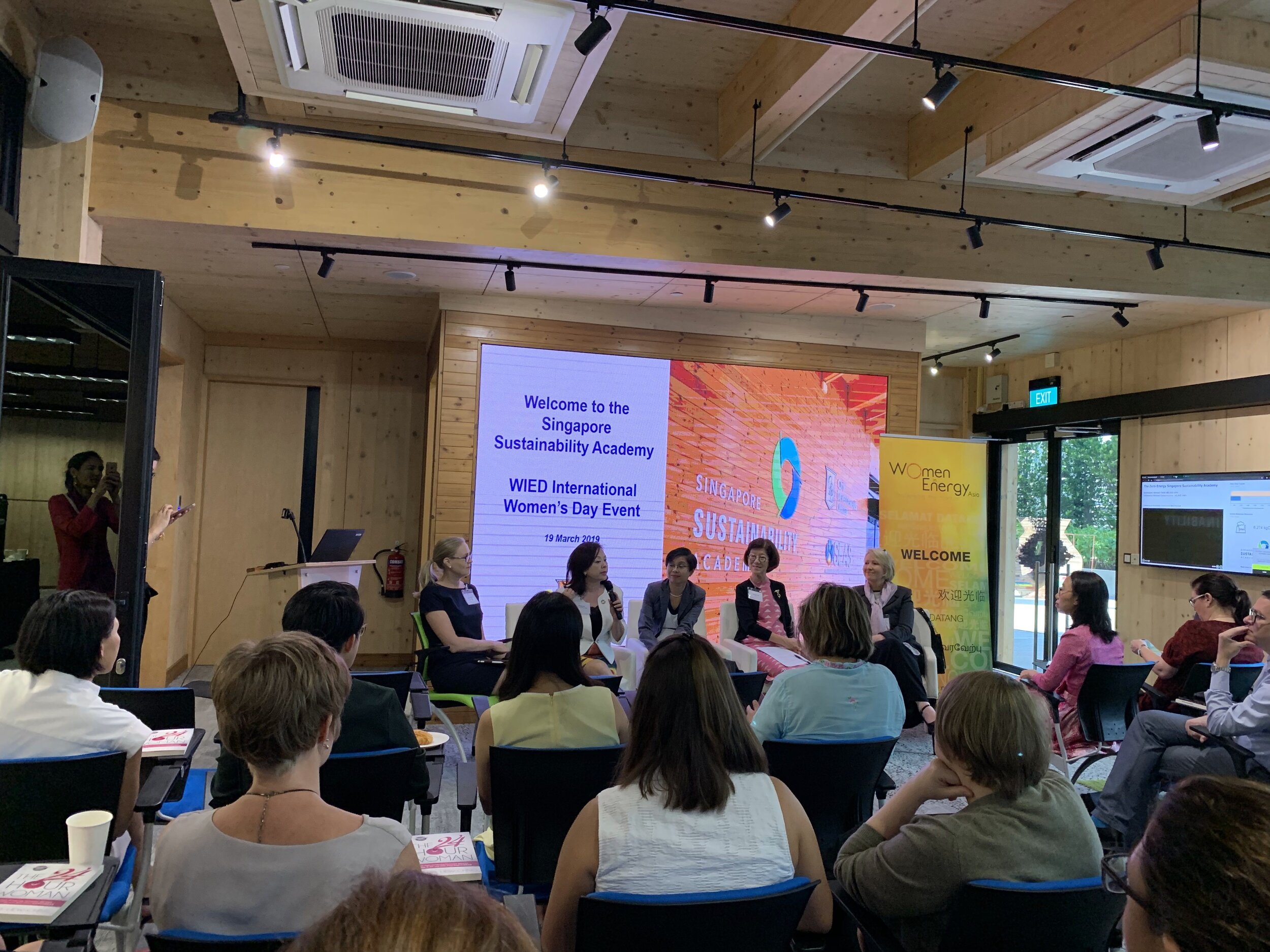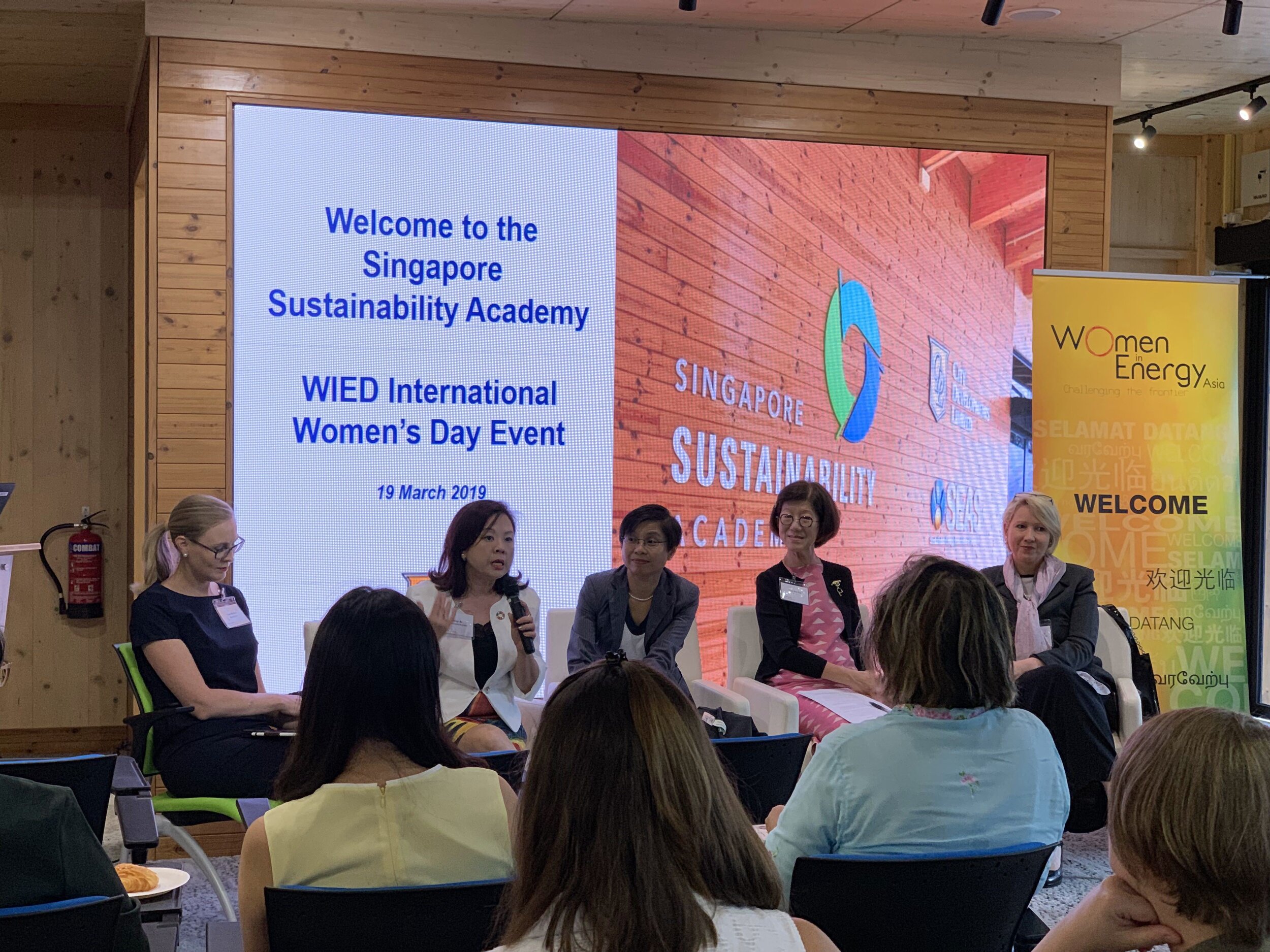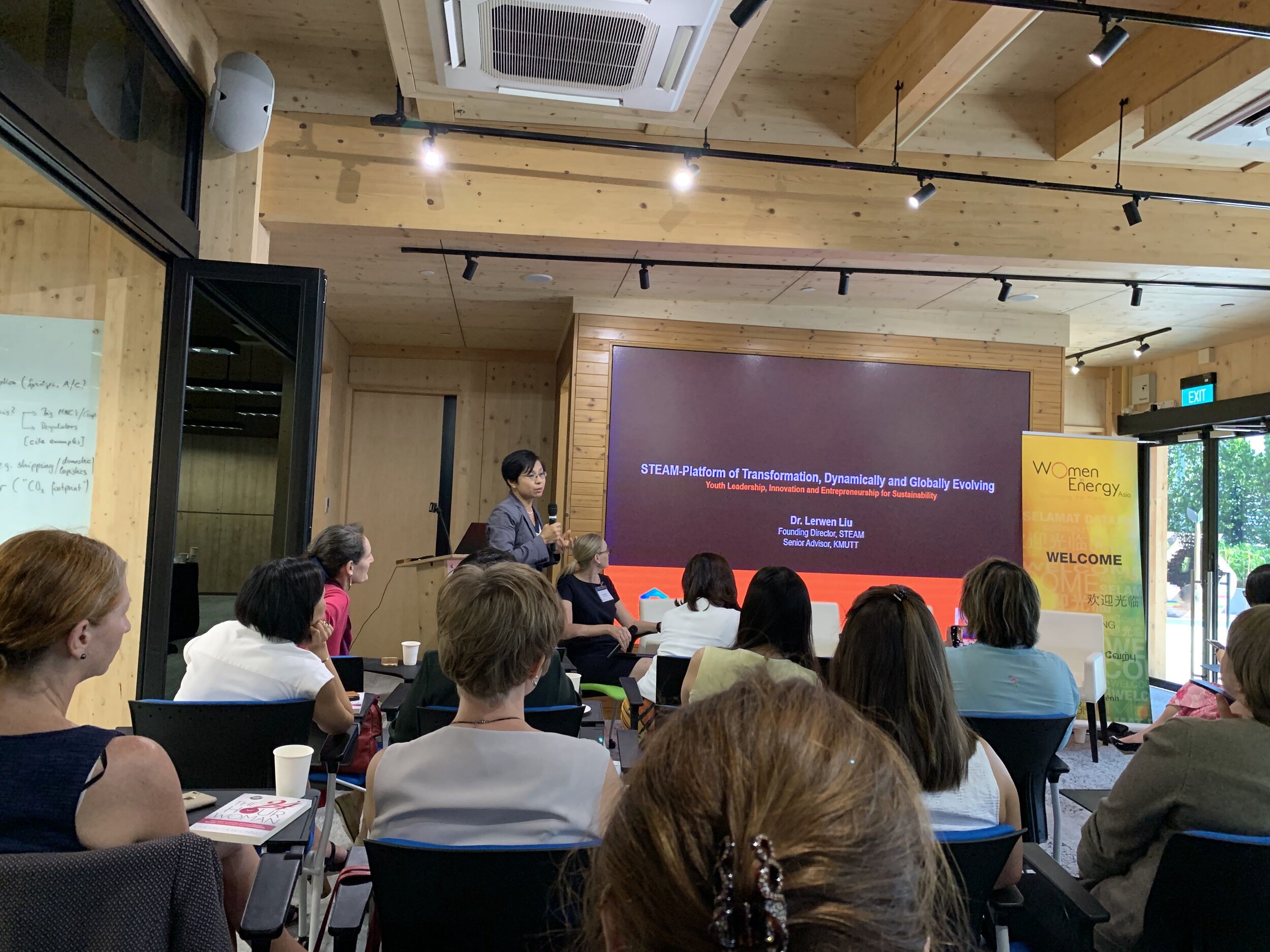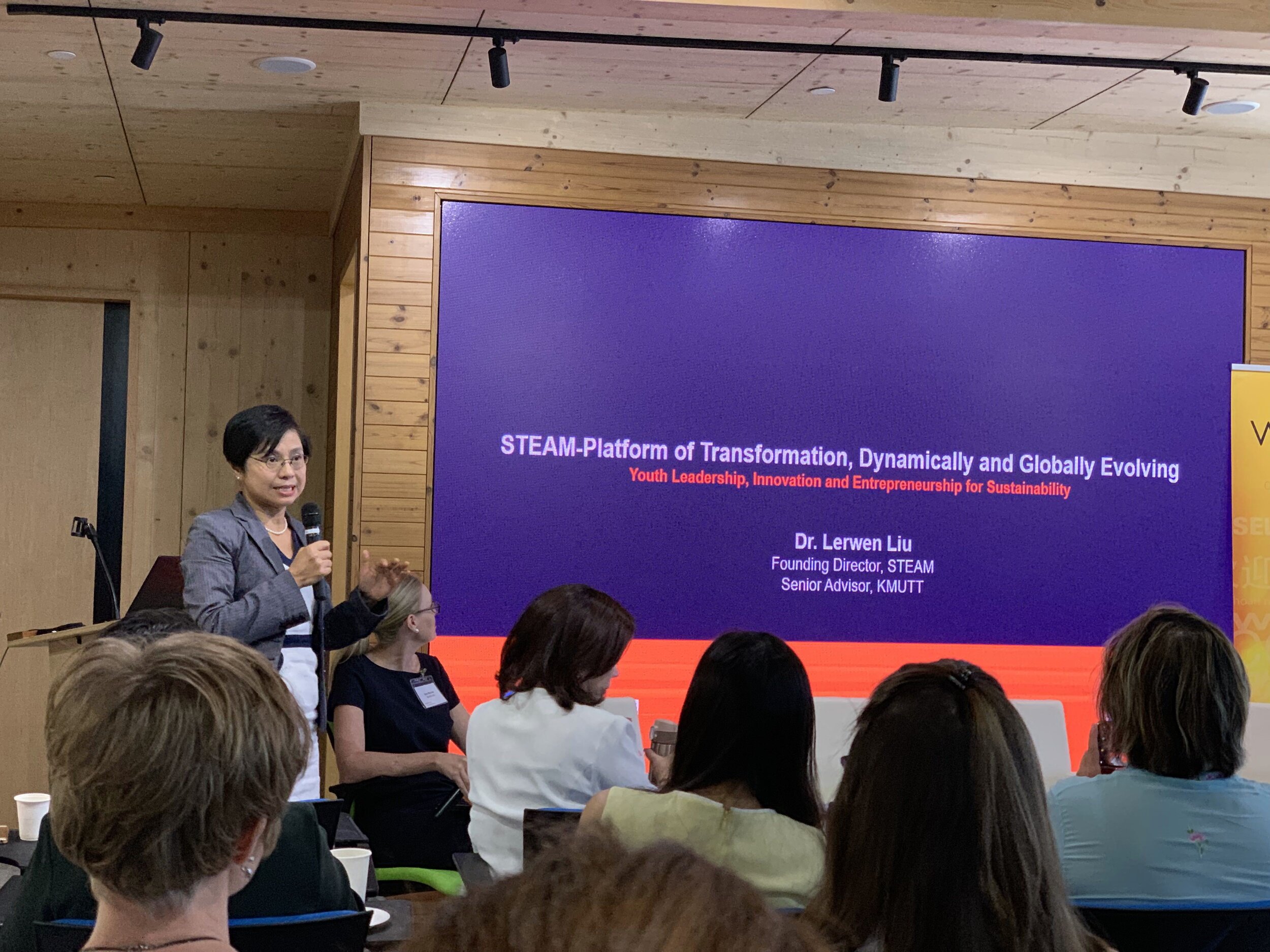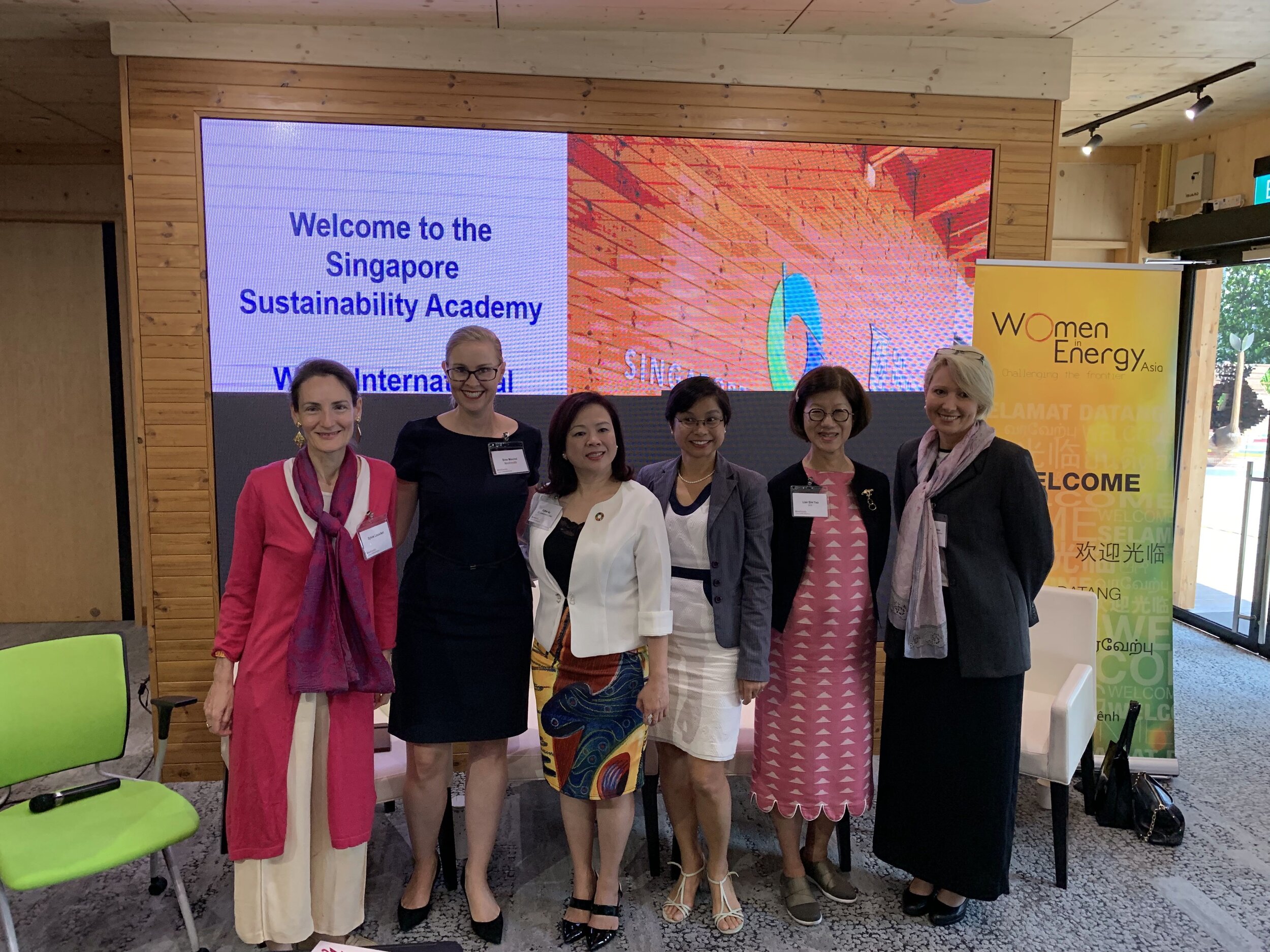Women in Energy, Asia. International Women’s Day 2019
Sponsored by Reed Smith
Breakfast for #IWD 2019 #BalanceforBetter held March 19 at the Singapore Sustainability Academy (SSA), hosted by City Developments Limited (CDL).
Recap authored by WIEA Committee Members Tim Rockell and Bree Miechel.
Energy in the sustainable age - How women lead the change
Complementing WIEA’s theme for IWD 2019, building a sustainable future for Renewable Energy Professionals, the SSA provided a fitting venue housing a major training and networking platform. SSA harnesses the combined expertise and extensive network of both CDL and the Sustainable Energy Association of Singapore (SEAS). The hub is sustainable energy-wise, powered by rooftop solar panels that produce more power than is consumed in the building. Electricity provided back into the grid can be monitored live.
Bree Miechel, Partner Reed Smith and WIEA committee member moderated a panel discussion with four panellists:
Esther An, Chief Sustainability Officer, City Developments Ltd
Isabel Chatterton, Manager, Asia Pacific Public Private Partnerships, International Finance Corporation, World Bank Group
Lerwen Liu, Senior Advisor KMUTT Thailand and Founding Director of STEAM Platform
YEO Lian Sim, Special Advisor SGX
What’s in a target? One major global car manufacture accounts for 1% of all worldwide emissions and sells 100,000 electric vehicles and hybrids; a small fraction of its overall production. Is it setting targets and reporting against them? Are capital markets able to compare and reward companies who meet sustainability targets with higher valuations? It’s good to have a target, as long as someone is also tracking the quality. Set targets within a context. Ask: If the target is long-term what happens in the intermediate period? Can we actually measure what is being set? What is our track record? Are targets based around metrics? What if strategy goes awry? What risk management and mitigation is in place?
Good corporate citizenship should go beyond compliance. Sustainability performance can have a big impact on financials. SGX introduced sustainability reporting for benefit of companies, investors and stakeholders. CDL introduced its own Environmental, Sustainability and Governance (ESG) reporting in 2008, well ahead of the mandatory requirement. It also reports quarterly and presents targets in addition to its annual audited ESG report. SGX introduced mandatory sustainability reporting in 2018 on a report or explain basis. Companies are asked to report performance in relation to targets being set for ESG. The Board must sign off on the report. There is currently no requirement for an audited report in Singapore. The SGX reporting requirement allows investors and stakeholders to take a look inside an organisation and gain confidence in the targets being set. Governance is important. Is ESG a board or management matter? SGX asks what is being done by both.
The IFC is the private sector development arm of the World Bank Group, the largest global development institution focusing exclusively on the private sector in emerging markets. Its remit is to work with the private-sector development in emerging market countries that open up opportunities for all. The Asia Pacific region staff, covering 29 countries across all infrastructure, manufacturing/agribusiness/services, and financial institutions, apply their financial resources, technical expertise, global experience, and innovative thinking to help their partners overcome financial, operational, and other challenges. In emerging markets there is a huge variability in consciousness for sustainability matters. Hoping for success through do-gooders alone doesn’t work. A tripartite collaboration including the government, the private sector and society as a whole is required. In Bogotá the city implemented large scale rapid bus transit system that involved this tripartite collaboration and delivered sustainable transport. The mayor did not buckle. Parking fees increased many fold. Aggressive policy action was required and political commitment from the very top to make a city liveable for all its citizens regardless of their income level.
The private sector votes with its feet. Market forces drive a private sector response so sometimes there have to be incentives. Now there are fewer subsidies for renewable energy as economies of scale have made solar and wind commercially viable. In Singapore, there is less consumer demand for green features. Public private partnership that enables adoption of technology will move the dial. The more empowered the citizens, including female, the more that can be achieved. There are some good examples. In Cambodia a 24 year-old woman started a solar company in 2004 with just $1,000 with a goal to increase energy access. How can women play a role in Industry 4.0? The energy industry is largely male dominated. There is an opportunity for women to play a role in the ecosystem. The energy transition is providing economic opportunities with digital platforms and energy management providing openings for greater inclusiveness than perhaps site or field based roles.
In emerging markets, women and children are the most heavily impacted by lack of sustainability. In India just a quarter of women are in workforce. They are also harder to reach as consumers. Some initiatives involve relatively small amounts of money. More street lighting increases safety and increases female participation in the economy. Bangalore modernised the city’s lighting for $120m providing energy efficient street lighting for a city of over 12 million population.
Energy efficiency savings can be amortised. More women could work in green finance. The IFC has an all women team. CDL’s workforce is 70% female. There has been an increase in the number of women on Singapore’s boards; from 7.5% to 15%; a small but significant doubling of female leadership.
Engaging youth was discussed and is the focus of the STEAM-PLATFORM. This platform seeks to enable transformation, both dynamic and globally evolving, focussed on the Sustainable Development Goal (SDG) 12 on Responsible Consumption and Production. It advocates looking along an entire supply chain. Lifecycle thinking; the Circular Economy. E.g. look at mind-sets. Why do we use white paper? Aggressive bleaching leads to chemicals discharged into Indonesia’s public waterways.
Many small activities and voices contribute to large change.
Finally, attendees networked and also met Cheryl Liew-Chng who issued copies of her book – The 24 Hour Woman.
